Why is Scalp Care Important? Importance of Healthy Scalp

“Good hair begins with a healthy scalp.”
The scalp is more than simply a location for hair growth; if you give love and care to the scalp, it will return your love with healthy and strong roots.
This is why scalp care is important. And to care for it the right way, you need to clean, moisturize, and exfoliate it just as you would for your skin.
Wanna know how to give your skin the attention it deserves? Sneak a peek here!
How do you know if your scalp is unhealthy?
Before we uncover signs of an unhealthy scalp, let’s quickly understand how a healthy scalp feels!
When your scalp is in good condition, you will notice a few obvious improvements in the appearance of your hair.
It will be quite evident to you when you look into the mirror. However, you could also see them when washing or styling your hair. Some major evidence of healthy scalp and hair include:
- Hair that is thick and full: The hair is not thin and there is no breakage. Instead, it is thick and voluminous.
- Moisture-rich hair: If your scalp is healthy, your hair will be lustrous and well-moisturized. One of the biggest tell-tale signs? Curls are well-defined and seem soft and springy. Straight and wavy hair will be defined to perfection.
- No Flakes: Scalp is free of dandruff and flakiness. There are no indicators of inflammation or irritation either.
Coming back to the topic of the unhealthy scalp, find out if you have any of these!
- Irritation
- Itchiness
- Cysts
- Flakiness
- Acne
- Sun damage
- Excessive hair loss
The hair shaft is the hair on your head, but the follicle is located beneath your skin, where you cannot see it. To develop and stay healthy, the follicle, which is made up of blood vessels and nerves, needs sustenance from the body.
These include common nutrients such as protein, iron, and vitamin D. Incorporating these nutrients into your everyday regimen can assist in keeping your hair healthy from the inside out.
Why does our scalp become flaky?
A flaky scalp is undeniably unattractive, but taking a closer look at the flakes might help uncover what's actually going on, on the surface. Typically, flakes are bigger, greasy particles of skin, while dandruff is caused by excess oil on the scalp.
When the scalp is dry, the flakes are fine, very dry, and significantly smaller in size. Dandruff flakes are normally white or yellowish, but flakes linked with dry scalp are frequently smaller and white.
Here’s are the main culprits that prompt the occurrence of dandruff and flakes:
- Weather: One of the obvious reasons for the flaky scalp is the cold weather. When the temperature goes down, it dries out the skin on your entire body, especially your scalp. And, while we all like to turn up the heat when it's chilly outside, this may be drying to the skin.
- Mental Stress: Guys, who are we kidding! We all feel stressed and anxious at different times throughout the day because of work, school, or personal issues. Stress causes an increase in the production of certain hormones as well as the release of pro-inflammatory chemicals, which can weaken the scalp's barrier function. This allows moisture to leave more easily, leaving hair and scalp drier.
- Hair Products: Blow-drying on high heat, frequent colouring, chemical straightening, or using haircare products with chemicals can dry the scalp. Similarly, using a shampoo with a very high pH level might disrupt the scalp's natural pH and irritate it.
- Dehydration: Staying hydrated can aid in the prevention of dry scalp. When you're dehydrated, your body will divert much-needed moisture to other important activities, leaving your scalp and hair to fend for themselves.
Water is the primary source of energy for hair cells; it moisturizes the scalp and hair strands while also stimulating new hair development. In the absence of moisture, the scalp can feel itchy, irritated, and drier.
- Deficiencies in Nutrition: Vitamins supply nutrients that aid in the maintenance of a healthy scalp. A dry scalp can be caused by a lack of certain important vitamins in your diet. Typically, Vitamins B6, B12, and vital fatty acids, such as omega-3s, act as lubricants in our bodies and keep the scalp healthy and moisturized.
You can steer clear of such hair woes, by simply including a nourishing scalp scrub into your haircare regime. Scalp scrub provides a deeper cleansing by eliminating perspiration, product build-up, dandruff, and residue that might remain on your scalp and inhibit hair development.
Also, did you know that the scalp harbors a colony of billions of beneficial bacteria? The microorganisms contribute to pH equilibrium by out-competing harmful microbes for resources and by creating particular defensive chemicals.
Scrubbing your hair and scalp can help minimize dryness and damage to your scalp's microbiota. This is why scalp care is important!
How to keep your scalp moisturized?
Yes, having clean hair is crucial - but that doesn't imply we should use shampoo every day. Over-washing may remove the moisture from your scalp, which can lead to dryness and irritation.
Instead, you should follow a nourishing haircare regime that will help you unlock a healthy scalp and hair.
For instance, try AHA Exfoliation Apple Cider Hair & Scalp Scrub to remove debris, oil, and dandruff from your scalp. This gentle yet effective scrub will moisturize your scalp while adjusting its pH to prevent dryness.
Scrubbing helps to unclog hair follicles, encourages lustrous hair growth, and makes hair appear healthy and voluminous. It also calms and relieves scalp irritability and itchiness.
This apple cider hair & scalp scrub is a blend of plant oils, supercharged actives - AHA & BHA, and physical scrubbing agents like walnut shell particles that offers a thorough exfoliation treatment.
Now that you have gained an insight into why scalp care is important, make sure to be mindful when following haircare routine that tackles your concerns.
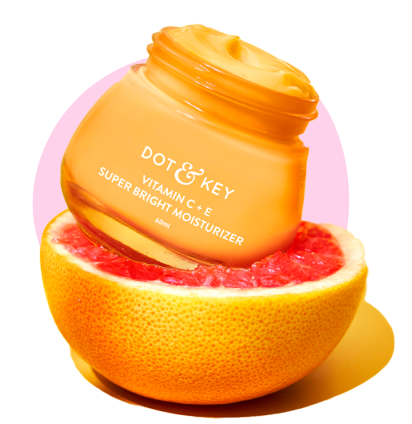
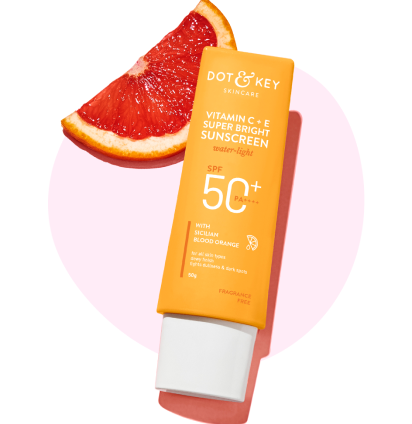
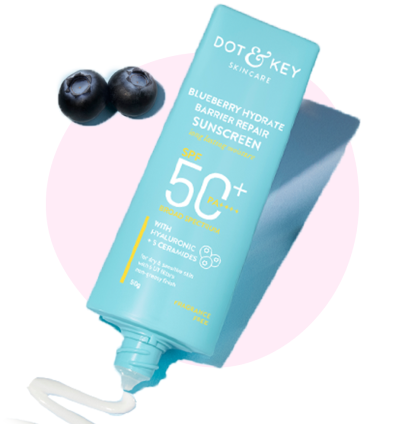
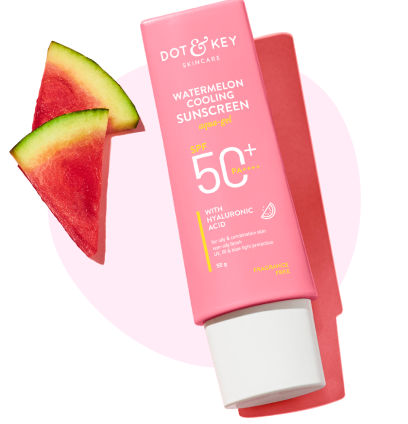
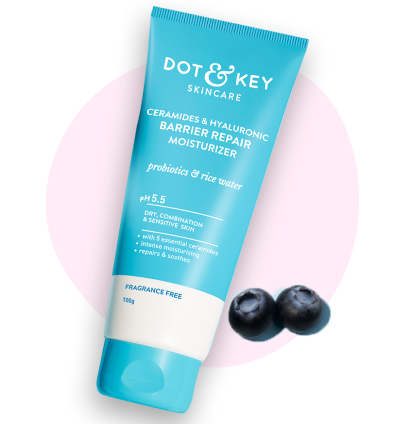
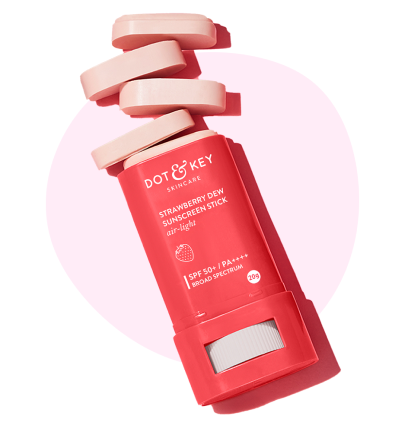
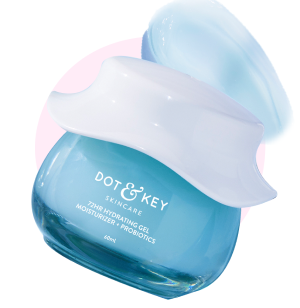

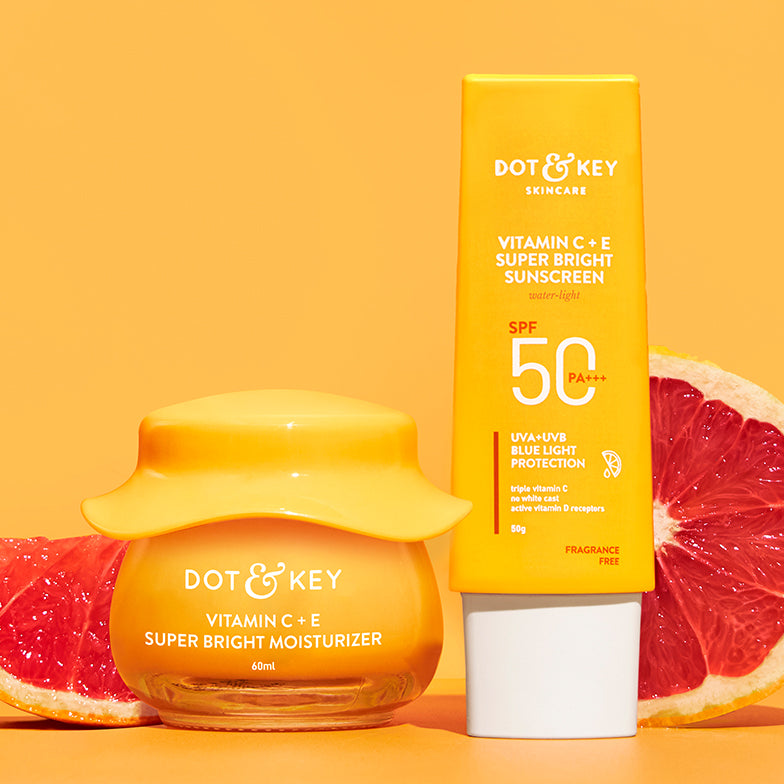





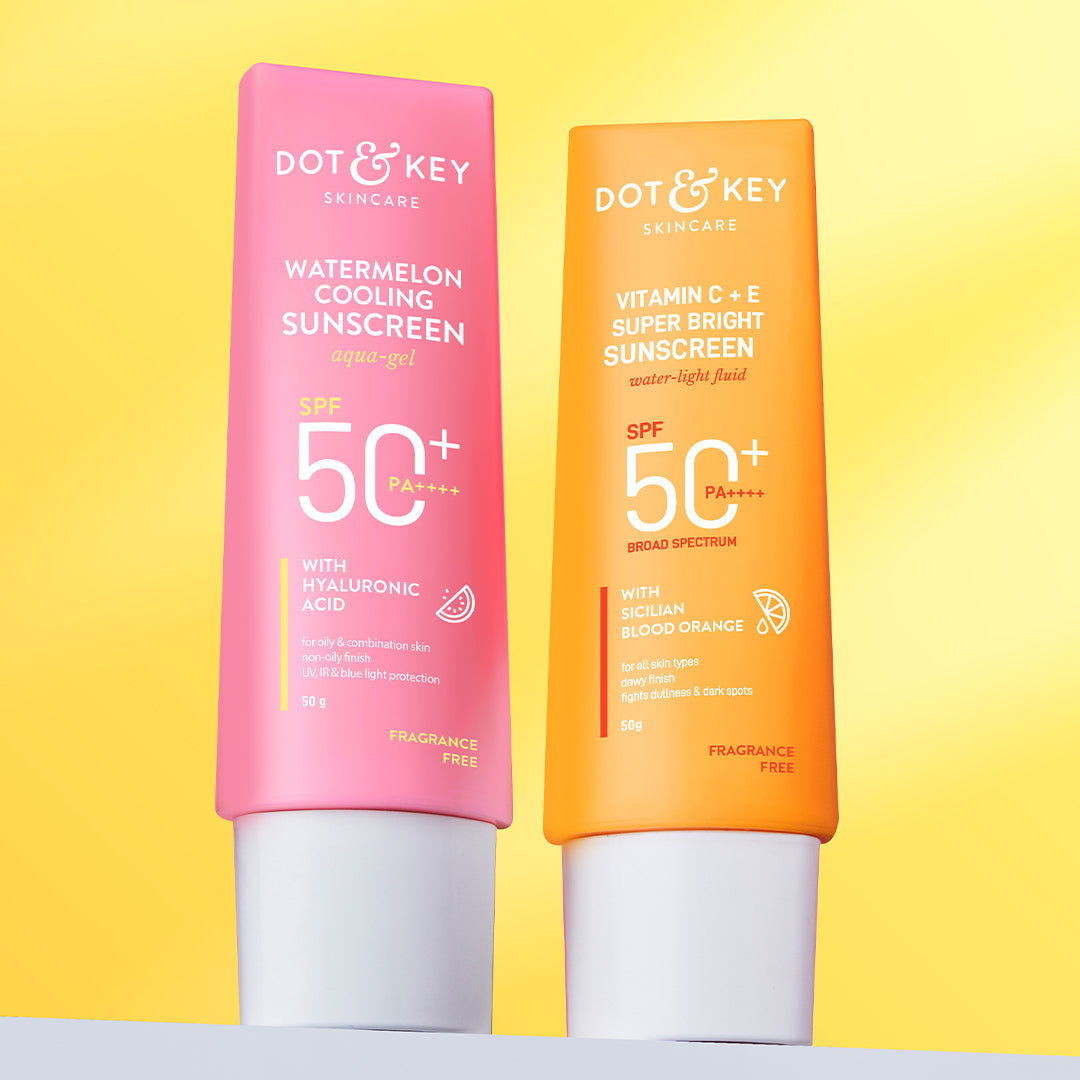



Leave a comment